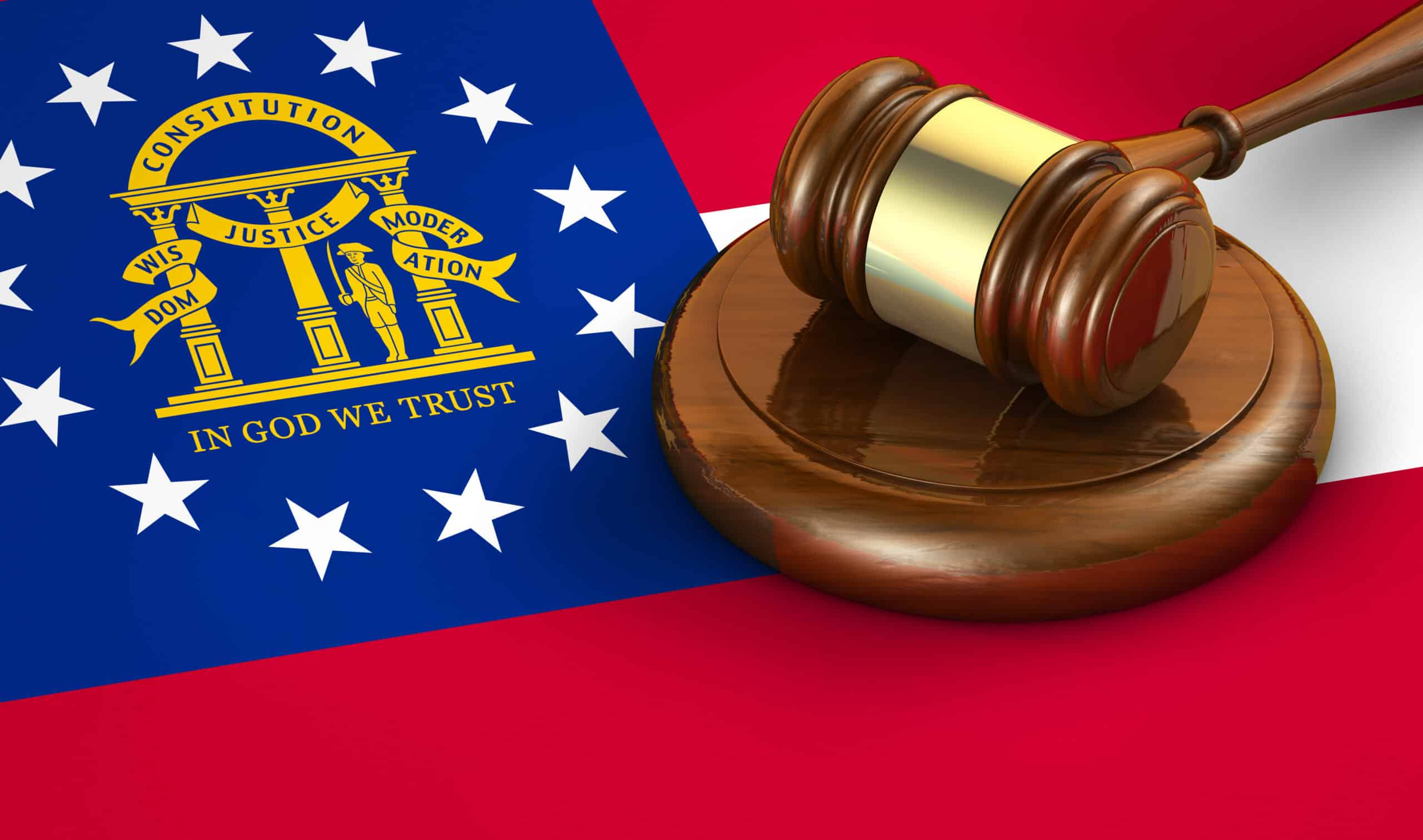Pre-Suit Demands in Auto Wreck Cases and Why They Are Important! A History on Georgia’s O.C.G.A. 9-11-67.1.
In almost every car wreck case it is important to send the at-fault insurance company a pre-suit demand. In Georgia, the law that controls pre-suit demands for car wrecks is found at O.C.G.A. § 9-11-67.1.
This statute was first enacted in 2013 and set out the requirements needed to send a valid pre-suit demand in a car wreck case.
Those requirements (or material terms) were as follows:
- State a time which such offer must be accepted, which shall not be less than 30 days
- The amount of the monetary payment
- The party or parties the claimant(s) will release if accepted
- The type of release, if any, the claimant(s) will provide to each releasee; and
- The claims to be released.
The code section also stated that the recipient could seek clarification regarding terms, liens, subrogation claims, medical bills, records, and other relevant information, and such clarification would not amount to a counteroffer.
This law was enacted in response to what were traditionally called “Holt demands.” These Holt demands were sent to insurance companies giving them typically no more than ten days to respond to a policy limits demand, along with other conditions the offeror deemed fit. Failure by the insurance companies to comply with Holt Demands would then lead to a bad faith claim against the insurance company for failing to pay the policy limits in a timely manner, and situations where insurance companies were potentially paying well above their policy limits for acting in bad faith by failing to settle per the conditions of the Holt demand. O.C.G.A. § 9-11-67.1 was enacted to bring clear rules to these demands.
Like most laws, once the initial statute was enacted there were some things that needed to be further refined. Thus, the law was amended in 2022, which modified the material terms and required clarity with what type of release was being offered (whether a full or limited release), and an itemization of what was to be provided to each releasee.
Some additional changes required:
- The demand to include medical or other records in the offeror’s possession to allow the adjuster to evaluate the claim;
- If a release was not provided in the demand, sending a proposed release by the adjuster was not considered a counteroffer;
- Limiting the material terms of a demand to those listed in the code section; and
- If payment was required by a certain day, that date could not be less than 40 days from the receipt of the offer.
The biggest impact of the 2022 amendment was confirming that the only material terms that could be included in the demand were those listed in the code section, and any other stated material term had to be agreed upon by both parties. It also allowed the recipient to provide a proposed release when accepting a demand, and that by doing so did not amount to a counteroffer.
In 2024, however, the statute was amended for a third time. Unlike the prior amendment, this amendment made some notable changes to the material terms. Specifically, the material terms were amended to include the following:
- You must include a specific date by which such an offer must be accepted, which shall not be less than 30 days.
- You must include a specific date by which payment shall be delivered, which shall not be more than 40 days from the offer.
- A requirement that in order to settle the claim, the recipient shall provide the offeror a statement under oath regarding whether all liability and casualty insurance issued by the recipient that provides coverage or may provide coverage has been disclosed, along with a date in which such disclosure must be made, but not less than 40 days from receipt of the offer.
The newest amendment also clarifies that any disagreement with an immaterial term does not subject the recipient to a civil action from an alleged failure to accept an offer. However, seeking to modify any of the material terms would not be deemed a clarification.
Importantly, and as stated above, this type of demand only applies to death or injury resulting from a motor vehicle collision and must be sent prior to the filing of an answer. There are other types of demands that are sent in other personal injury cases, including premises liability, medical malpractice, and product liability cases, to name a few.
As you can see, this law has had some significant changes over the years, which is why it is important to consult with a knowledge personal injury attorney when you or a loved one has been injured in a car wreck. In this video, Attorneys Joel Williams and Chase Elleby discuss the steps involved in settling a car wreck case to ensure you receive the compensation you deserve.
Williams, Elleby, Howard, & Easter serves clients throughout the State of Georgia. If you or a loved one suffered a personal injury as a result of a car wreck, the attorneys at Williams, Elleby, Howard, & Easter can help you understand what possible claims you may have and work to get you the compensation you deserve. To schedule a free consultation, call 833-534-2542 today.
